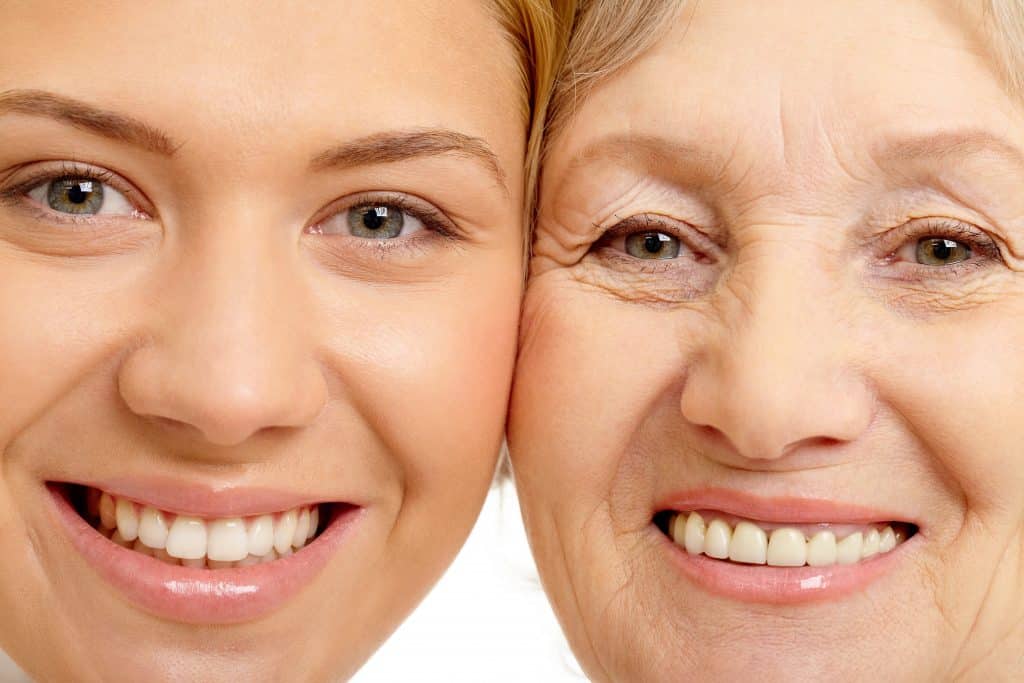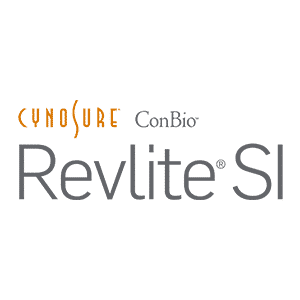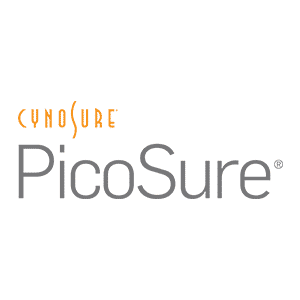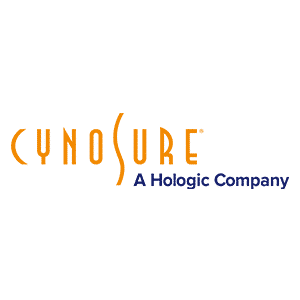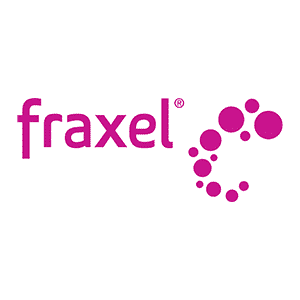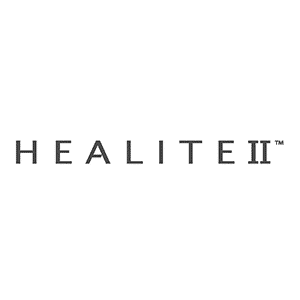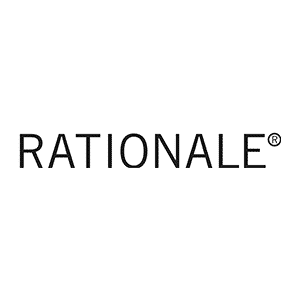At the Collins Cosmetic Clinic, we have been treating age related changes to the skin for many years, and we have a large range of great treatments to help improve the appearance of ageing skin. These include Anti-wrinkle injections to soften lines and wrinkles; Dermal fillers to replace lost volume; Lasers to remove redness and uneven pigmentation and blemishes and Radiofrequency treatments like the INFINI to stimulate collagen. However, there are also other daily lifestyle tips that you can do yourself to slow and even reverse the rate of your skin ageing. To answer the biggest question, “How can I stop ageing?” we recommend Four important anti ageing lifestyle health measures that you can do to slow your skin ageing are:
1. DAILY SUNSCREEN
The single most effective anti-ageing measure you can do is to apply a daily sunscreen. Sun exposure is associated with skin ageing. We know that UV-A radiation from the sun penetrates deepest and can damage collagen and result in premature skin ageing, wrinkles, and skin cancers. UV-B which is the main cause of sunburn damages the surface of the skin causing superficial damage resulting in redness, pigmentation and contributes to skin wrinkling. The thing about sun damage to the skin is that whilst immediate effects like sunburn and tanning occur in the short term, the damage that results in premature skin ageing is not immediately obvious and steadily accumulates. With sunscreens SPF 50 and broad spectrum (to cover UV-A and UV-B) are the keys. There are many different brands, but LA ROCHE POSAY is one of our preferred starting options.
MESSAGE: Avoid excessive sun exposure and use a SPF 50 Broad spectrum sunscreen daily (even in winter) and start to make this a habit as early in your life as possible.
2. NO SMOKING
There is NO safe level of cigarette smoke. Smoking significantly damages collagen and results in premature ageing of the skin. It is estimated there are as many as 4000 chemicals in tobacco smoke and many of these can trigger damage to the collagen and elastin in the skin which are what gives our skin its elasticity and strength. Histology studies have clearly demonstrated the decrease in collagen production (especially type 1 and 3 collagen) that occurs with cigarette smoking.
We all know of those ugly vertical lines on the lips that are referred to as “smoker’s lines” but the toxins in cigarette smoke do not just damage the collagen around the lips but all of your skin. Even passive smoking should be kept to a minimum to stop this premature ageing of the skin. Whilst there are many very good health reasons to stop smoking, if nothing else can convince someone to stop smoking, then they need to realise that smoking will age their skin far more quickly than if they were non smokers.
MESSAGE: Do NOT smoke and avoid those who do as even passive smoking has negative effects on your skin.
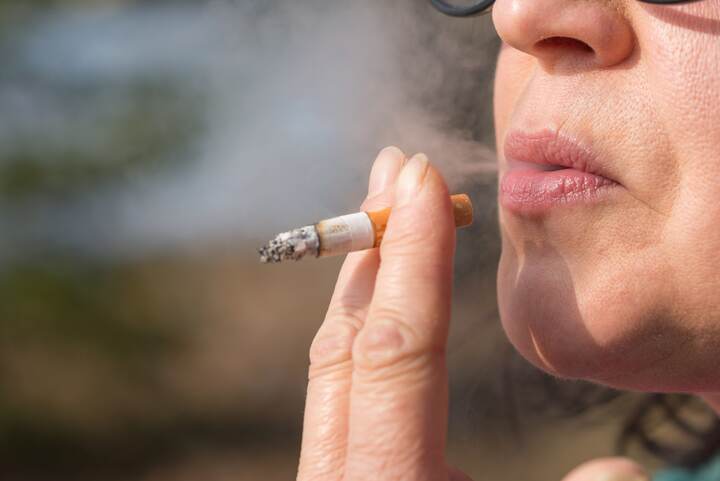
3. SKIN HYDRATION
Dehydration of your skin causes damage to the protective skin barrier and premature ageing of the skin. However, it is not simply a matter of drinking more water but it is more about how you look after the surface of your skin. The daily use of a moisturizer is critical for optimal skin hydration. Moisturisers consist of multiple ingredients that fall into 3 main categories: occlusive agents to help form a protective seal, humectants such as Glycerin to act like a sponge to pull water into the outer skin layers and emollients such as natural oils to help smooth the skin and restore barrier function. Moisturisers do not have to be expensive. CETAPHIL is an excellent product that we often recommend as it is cost effective, suits sensitive skins and is fragrance free. A good tip is to apply your moisturiser within 2 minutes after a shower for the best absorption.
Drinking plenty of water is important for overall health and when someone is dehydrated there can be adverse effects on their skin as well as other organs. But how much water should you drink each day? USA nutritionists often talk of the ‘eight by eight rule’ which refers to drinking 8 glasses of 8 ounces before 8pm. That equates to just over 8 cups of 250ml or around 2 litres of water per day. Another guideline used by experts is to recommend that each day you drink half your weight (in pounds) in ounces of water, so if you weigh 150 pounds (68Kg) that is 75 ounces (2200 ml). How much water you need to drink to stay well hydrated of course depends on your level of activity and how much water you lose which varies with factors such as temperature, humidity, diet, and exercise. Remember a clue as to whether you are drinking enough water is the colour of your urine as if you are well hydrated your urine should be pale and clear.
Excess alcohol can contribute to dehydration through its diuretic effect but can also have indirect negative effects on the skin through reducing sleep quality. Poor sleep quality has been associated with negative skin effects such as wrinkling and dark circles under the eyes.
MESSAGE: Use a daily moisturizer to maintain skin hydration and stay well hydrated by drinking plenty of water and limiting alcohol intake. If having a few alcoholic drinks make sure you drink plenty of extra water as well.
4. HEALTHY DIET
A healthy diet can promote healthy ageing from the inside out. A recent study published in June 2021 in the American Journal of Clinical Nutrition compared diet and blood markers of DNA methylation. Basically, DNA methylation is the process in the body that produces powerful antioxidants, and these antioxidants can stop free radicals from damaging your cells. This study of 2000 adults found a healthy diet was associated with reduced biochemical markers of ageing. The researchers concluded a healthy diet can provide your body with nutrients and antioxidants and slow ageing. The diet found to be most beneficial for anti-ageing was full of fruits, vegetables, nuts, legumes, and whole grains, and low in sugar and saturated fats. This is essentially what is called the Mediterranean diet. Remember when cooking the healthiest oil to use is Extra Virgin Olive Oil (the Extra Virgin term refers to the olive oil being natural and the least processed). Extra Virgin olive oil is very high in monounsaturated fats (about 75% oleic acid) as well as other antioxidants and has been shown to reduce inflammatory markers in the body (such as C reactive protein).
One of the main things to avoid in your diet is a high intake of refined sugars as this is particularly bad for skin ageing. Increased levels of Glucose and Fructose have been found to link with the natural amino acids in Collagen and Elastin in the skin blocking the ability of the body to repair any damage. The effect of sugar on skin ageing seems to be accentuated when combined with Ultraviolet light exposure which means high sugar intake and excess sun exposure together are particularly bad for skin ageing.
MESSAGE: A healthy diet is not only good for general health but for your skin health. Avoid saturated fats and minimise your sugar intake.
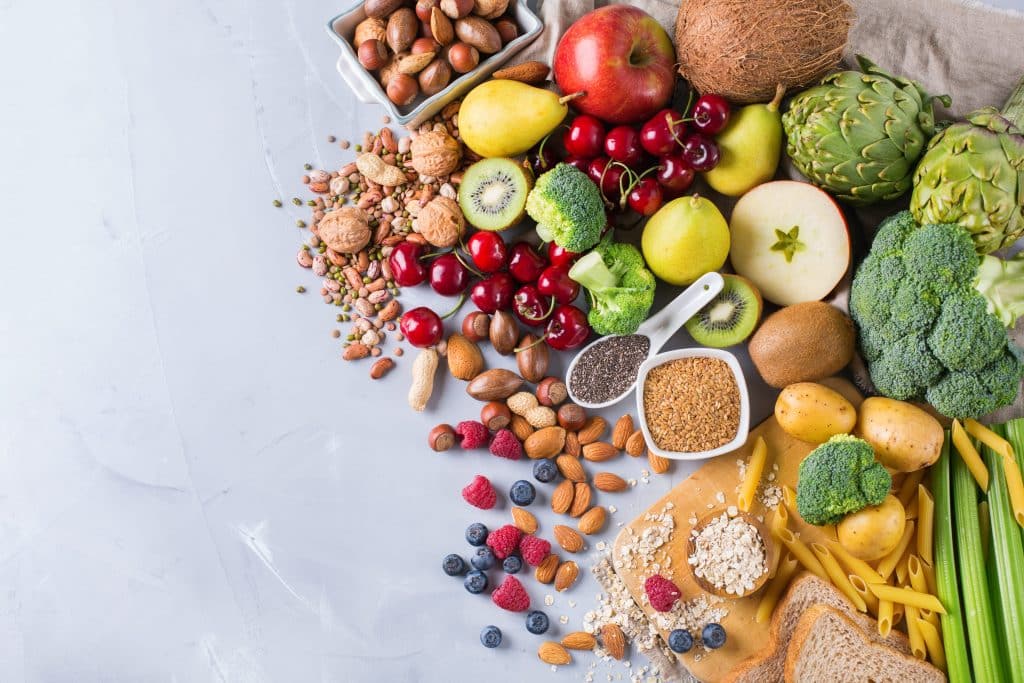
These lifestyle measures are things you can do to slow skin the ageing of your skin. In the next article we will discuss other things that can be done to maintain your skin health and even reverse some of the skin ageing effects. We will cover cosmeceuticals, dietary supplements and which light-based treatment can actually slow skin ageing. If you have any questions arising from this article feel free to contact our rooms on 03 96545720 or email us on contact@collinscosmeticclinic.com.au
